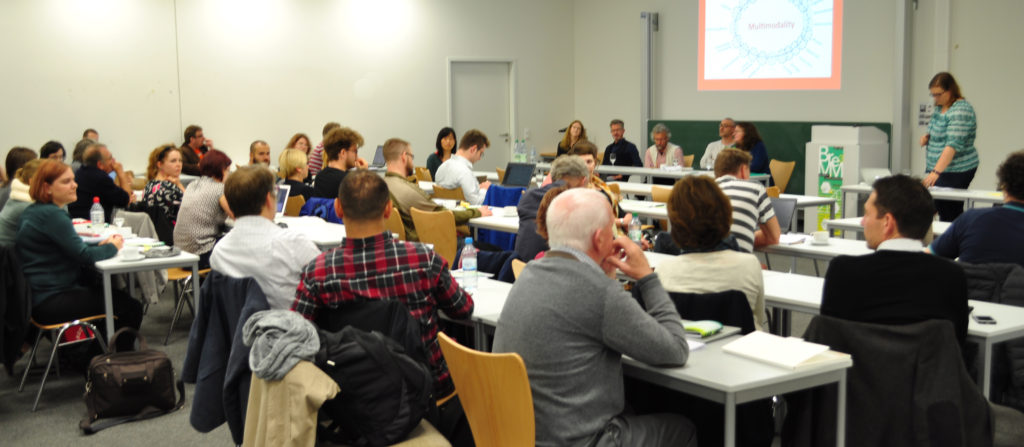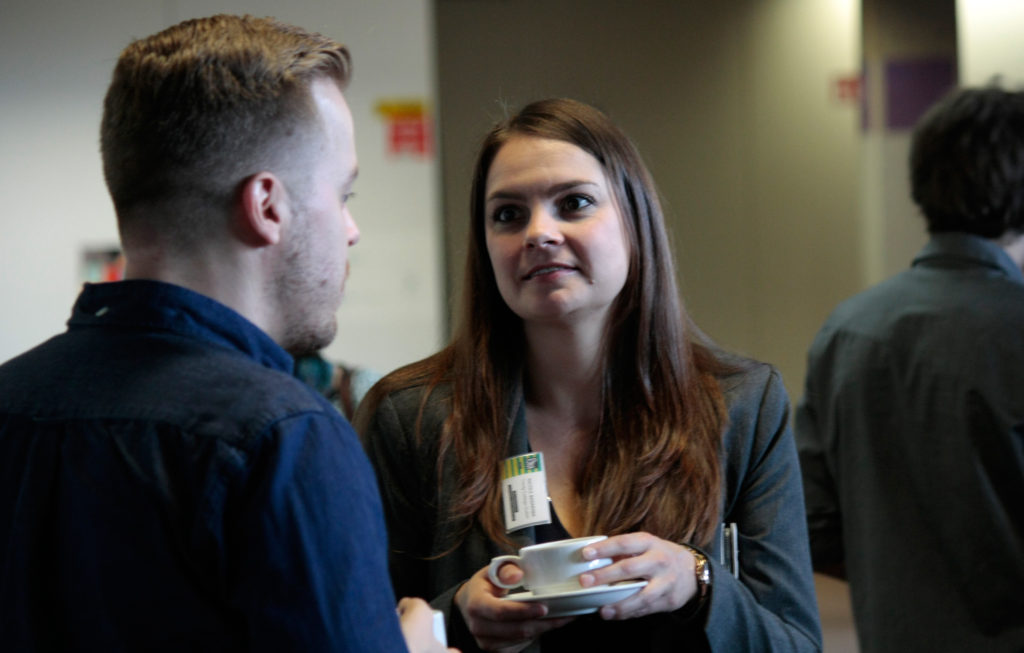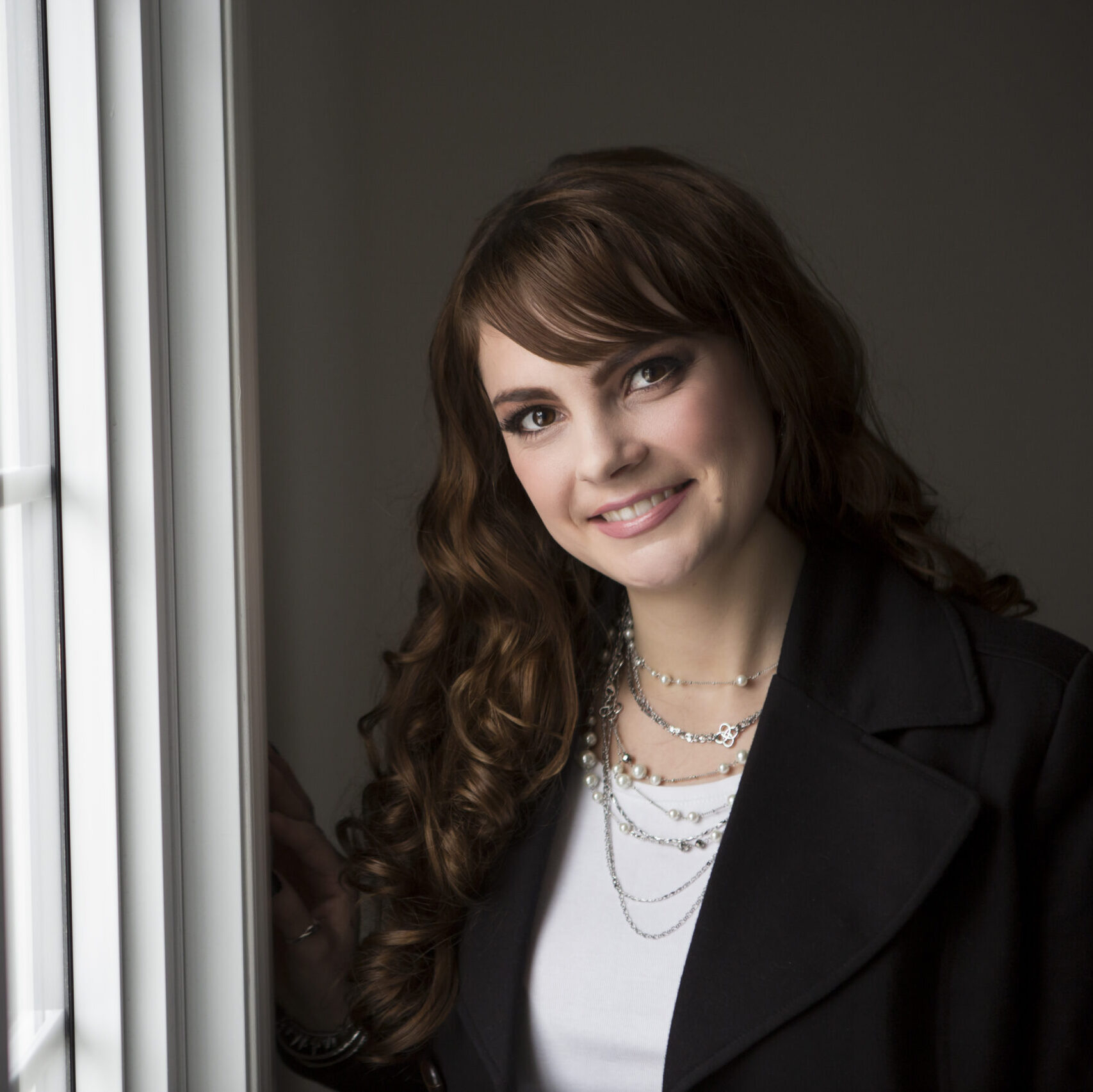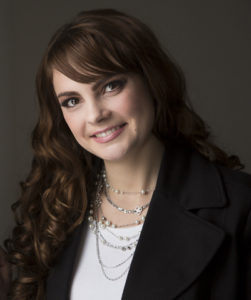Attending Academic Conferences as a PhD Student

I presented at three conferences in three different countries within a five week period. No, this is not common or even recommendable. It was a lot of work, travelling, and jet lag, but I met inspiring scholars and learned a lot as a freshman PhD student. I thought I would share, in the event it might help other PhD students, strategies for attending an academic conference as a PhD student.
1. Fitting into academic communities
Because my work is transdiciplinary, I attended three conferences in three different disciplines. I noticed that each academic community was very different. Attending these conferences, listening to presentations, and seeing how the community interacted was invaluable in helping me, as an early-career researcher, determine which community I fit into and/or wanted to be part of.
The closed circle. ENN5 ConferenceI presented at the in Prague, Czech Republic. The Narratology group was a very tight group in that they knew exactly who was a narratologist and who wasn’t, even though there were approximately 160 participants. Largely based in literary criticism and English studies, the scholars all had very similar academic backgrounds, common knowledge, and shared ideas of practice. It was clear that I was an outsider looking in. My background and my research didn’t really fit into the circle, it was on the periphery. I noticed that during the coffee breaks and social events that the attendees tended to gather based on hierarchical rank. The senior scholars grouped together, the mid-career scholars seemed to spread out and intermingle, and the PhD students and post-docs stuck together. There were some brave PhD students and post-docs who directly approached the senior scholars, but the body language and length of conversations indicated that it wasn’t really the way to do things. The senior scholars seemed to be superstars that you come to see, but that you don’t talk to unless they asked a question during your presentation. It was a niche group and they evidently were true experts who were disseminating their knowledge.
The loose circle. The Transmedia Earth Conference in Medellin, Colombia, with approximately 100 participants was a diverse group of scholars and practitioners. Because we all had a thematic connection in our work, we all fit. There were smaller sub-circles of researchers and practitioners who seemed to fit together. The senior scholars stood out from the crowd because they were highly respected and busy people with a lot going on (e.g., they needed to talk to certain people, take calls and answer emails during the conference). People tended to group together with people of similar age and personal backgrounds, kind of like in a professional work environment. They sat at the same round tables each day with the same people so many people found near-missed connections only on the final day when the last presentations were given. People exchanged business cards, agreed to collaborate on projects, and planned to attend each other’s events, etc. Strategic partnerships formed and there was a definite exchange of knowledge.
The open circle. The Bremen Conference on Multimodality in Bremen, Germany, had approximately 40-50 participants. There were scholars from many different disciplines who were all pursuing knowledge in a similar method. Each presentation was of interest to nearly every participant. By the end of the three days, I knew who each attendee was, remembered their name, and vaguely knew what their research was about. The coffee breaks were excellent because everyone was open to talking to everyone. The people who didn’t come to the conference with a colleague could easily strike up a conversation with a small group. Everyone was interested in understanding one another’s work and tried to offer some advice if they could. These were scholars who wanted other scholars to succeed and build off each other’s work. There was no territory marking and knowledge seemed to be built through conversation.

2. The nature of the conference
In addition to the scholarly community, looking at how big the conference is (number of participants), the theme and topics, and how long the conference has been run are all good indicators of the quality of the conference. I have attended about four conferences prior to beginning my PhD, and attending three back-to-back led me to the following conclusions.
Large conferences are good to give an overview of the current trends in the field/area. You get a broad overview of different topics and could potentially see patterns or areas where specific types of research are happening. Large conferences are better attended with a colleague so that you don’t have those awkward coffee breaks where you’re standing alone, and you can spread out into different parallel sessions so that you don’t miss out on interesting presentations.
Smaller conferences tend to be more specific and I found them to be more useful for the purpose of advancing my work. The presentations were more concise and tailored so scholars could demonstrate how their research was relevant beyond their own specific topic/project. Because there are fewer people, you start to recognise faces and it’s not as intimidating to begin a conversation with someone new.
3. Presentation format
To me, the presentation format reflected the personalities and nature of the academic disciplines. The narratologists commonly read pre-written papers verbatim and had accompanying slides with large chunks of text (mostly quotations) because they primarily study texts, the multimodal scholars showed lots of figures and graphs to display their results, and the transmedia scholars included different media like videos.
Seeing so many presentations in such a short timeframe reinforced the basics of good communication:
- visuals should be easily read from the back of the room (I witnessed a senior scholar berating a PhD student for having an illegible chart in front of a whole room),
- never go over the time limit no matter how amazingly interesting your topic is (I did not go overtime in any of my presentations, my MA in Communications came in handy here),
- you don’t need fancy slides or multimedia to give a successful and memorable talk (one presenter gave a talk that was interesting, memorable, and informative without any visuals), and,
- being prepared makes a remarkable difference in how smoothly the presentation will be (one presenter had a fascinating topic, but he didn’t prepare his talk so he wasn’t able to effectively communicate the main points)
4. The social events (official and unofficial)
There were official social events, most commonly a formal dinner and excursions, and unofficial social events, which were usually at a pub. The formal dinners can be expensive and sometimes not worth the money (for a PhD student). But they can also push you outside your comfort and you never know what you’ll overhear as a silent listener, or who you’ll be seated next to. For example, I attended one formal dinner alone and sat next two three senior scholars who dished a bunch on insider information on what academic adminsitration is like, and also told me some inspiring personal stories.
Out of the three conferences, I mostly attended the unofficial social events, which were in a more relaxed atmosphere, had flexible timing, and more casual dress. At the unofficial social events, people actually got to know each other, often times the conversations started about the conference and research, but then moved on to other topics. One PhD student (near completion) was casually offered a future job at a university, I received some excellent career advice from a professor, and I made some new friends.
It’s hard to know whether or not to register for and pay for the formal dinner in advance of a conference. I would say that usually you can register for the formal dinner at the conference if you decide it’s a must-attend event, and to keep your ears open for unofficial events being planned, or even be the one to suggest going out for a coffee or drinks. You never know what you might learn or the connections you might make.

